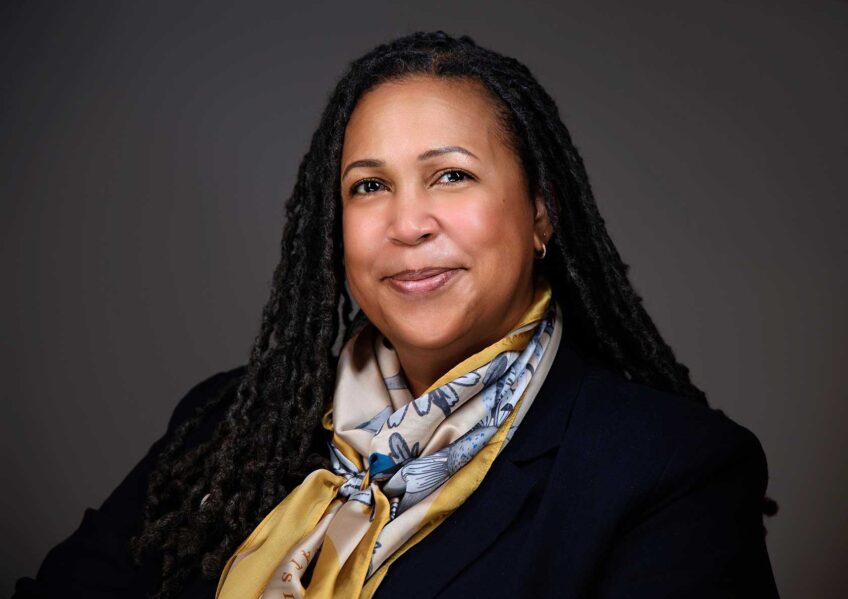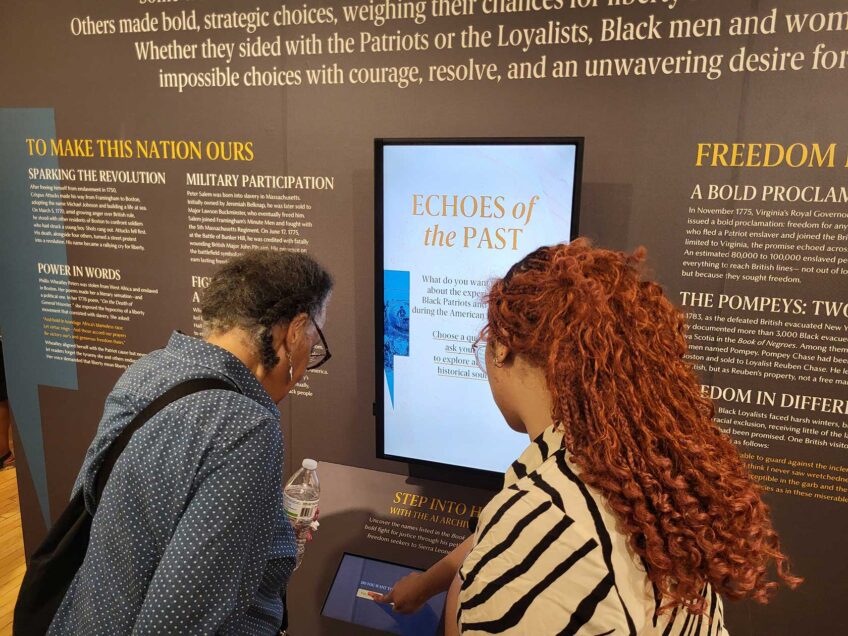“Beyond the Beer Summit,” a colloquium held at Harvard Law School last Thursday, sparked a vigorous debate among distinguished scholars on the lessons learned after the disorderly conduct arrest of Harvard Professor Henry Louis “Skip” Gates.
Before a crowd of about 100, the speakers focused largely on the role of civilian responsibility and racial profiling in police-civilian encounters.
In his introductory remarks, Christopher Stone, Professor of the Practice of Criminal Justice at Harvard Kennedy School of Government, explained that the arrest underscored the continued need for open discussion on race in America. As evidence, Stone argued, he found it “telling” that a relatively small incident jump-started a national conversation on race and police conduct, especially considering that the incident didn’t involve violence or tragedy.
Stone further offered statistics on disorderly conduct, the third largest category of minor arrests that significantly outnumber violent crime arrests. Nationally, African Americans are arrested 4.7 times more frequently than whites on this charge (in Massachusetts, the rate is only 2.8 times higher), making it among the most racially unbalanced arrest categories—even more than drug possession, Stone said.
The panel then engaged in a lively discussion about racial profiling and civilian responsibility; several even questioned whether Gates upheld his civilian responsibilities during his encounter with Cambridge police Officer James Crowley.
Oakland Police Chief Anthony Batts, the only law enforcement official on the panel, acknowledged that racial profiling is a problem with specific individuals, but refused to exclusively blame police for strained civilian-police relationships.
Instead, Batts emphasized that police are “just trying to do their job” and are “just trying to be safe themselves.” Batts also stressed the importance of obeying the law and suggested civilian trainings to inform the public on how to properly respond to and interact with police.
Stone echoed these remarks by citing the NAACP’s trainings for what to do when confronted by the police.
Ronald Sullivan, Director of the Criminal Justice Institute at Harvard Law School, took the issue a step further by posing the possibility that what is perceived as racial profiling may in reality be minority “over-sensitivity.”
Yale Law School professor Tracey Meares also stressed the mutual responsibility civilians and police have toward each other. In New Haven, for instance, her hometown, city and community officials developed “courtesy cards” — one side listing police expectations of civilians and the opposite side listing civilian expectations of police.
These cards, Meares said, have succeeded in creating community dialogue about what the nature of police-civilian encounters should be.
In the question and answer session, however, several audience members expressed their disagreement with the speakers’ focus on individual civilian responsibility. A New Jersey state police officer cited several statistics that reveal the institutionalized nature of racism in the criminal justice system: 60 percent of drug offenders in state prisons and 80 percent in federal prisons are black; and nationally, black men have a one in three chance of being incarcerated. Given these statistics, something is “terribly, terribly wrong,” the officer said, drawing applause from the audience.
Meares responded by providing another astonishing statistic: young black men in New York City have a 90 percent chance of being stopped by the police at some point in their lives. However, instead of drawing conclusions on systemic racism, Meares reiterated the importance of civilian responsibility. Given this high frequency of police encounter, she said, the African American community, more than any other, is in need of civilian training.
A different audience member challenged Chief Batts by asking whether “it is good for the polity to have civilians be accommodating when they feel disrespected.” Other attendees raised the issues of wrongful convictions, the role of the media in supporting racial stereotypes and the way different forms of racism affect black men’s encounters with law enforcement.
Sullivan concluded the event by returning to the importance of individual responsibility. Noting the tendency of Americans to engage in “race thinking” and to treat people as mere “personifications of racial stereotypes” instead of “individual moral agents,” he asked the audience, “how do we as a culture move away from boxing people into rigid stereotypes?”






